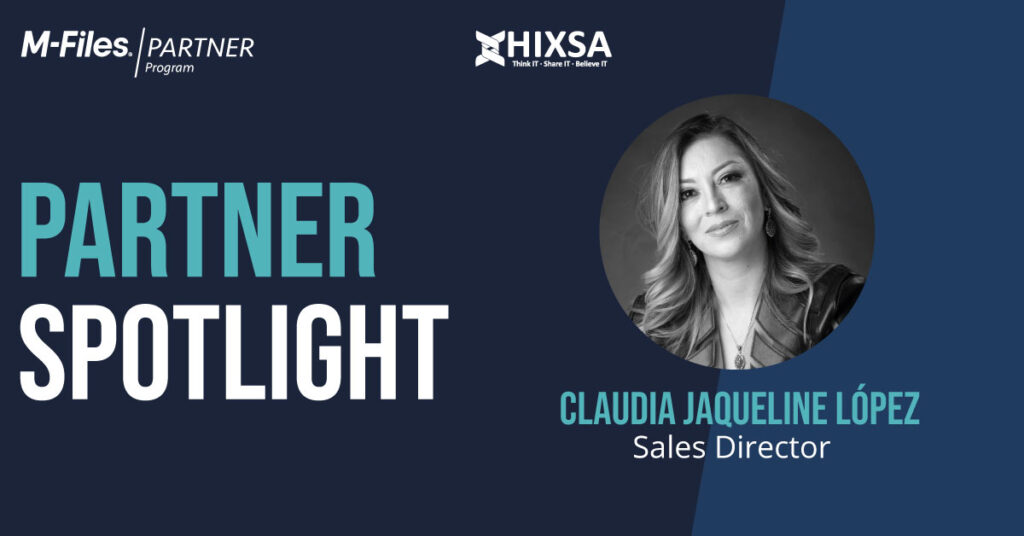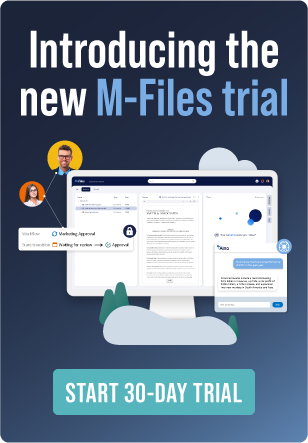Document automation doesn’t have to be a nightmare

What’s the worst parts of your organization’s “manual document drafting” nightmares? Perhaps it’s those NDAs that you wish were automated or those Data Processing Agreements that you need to do before new regulatory deadlines take effect. The good news? There is a better way—an automated way. But, what are some of the considerations you’ll need to think about when looking at document automation for the first time?
How much does it cost (and on what basis)
Each document automation tool has a different pricing model, but most are based on user licenses—you buy access to the platform for X number of users. Those users may have different access rights—admin, read only, etc. It might be the case there are discount tiers after obtaining X number of licenses. The reality is that, although it is easy to sell on this model, it doesn’t really assist the buyer who is looking to be innovative.
For example, if the buyer has to buy on a user-license model, then sooner or later, there will be a conflict between experimenting with new users when rolling out vs having to pay for more licenses. This will slow things down if the person tasked with rolling out always needs to reflect that the licenses are being used.
For those people within an organization that take some convincing before using it, they’ll still need access to it even if they don’t use it immediately. On paper, it’ll look like money not well spent, or they’d not be a good candidate for buying more licenses.
However, if obstacles are in their way, they won’t even be able to log into it, let alone champion its use within their own teams. Not having access is an easy excuse for those who are not keen to change the way they currently do things!
The way M-Files Ment offers their services is different. With the majority of plans, we offers unlimited standard users so it can be scaled as quickly as possible by providing access to document generation to as many people as possible. This creates space and time to innovate with different groups of users, safe in the knowledge that you don’t need to present a business case for each new license!
Does it do everything I need it to do?
Each document automation tool is different, but the premise of all of them is the same—they can take a document, add data points and conditionality to it, and allow a user to generate it quicker than they would be able to manually.
Everything beyond that is what separates the crowd. Some might be more user friendly; some may have unique integrations; others might have more unique ways of harnessing data. It’s important to determine what your requirements are before you start looking at the tech.
Getting drawn in by the tool with the greatest functionality may sound wonderful—but, if you barely utilize it, then you’re paying over the odds for something you don’t really need. To give a graphic design analogy—it’s like buying Photoshop and having to get someone trained on it when all you needed was Canva.
Requirements are going to be subjective and specific to your own organization’s needs. However, when it comes to functionality, the more complex the solution is, the more training will be required to use it. More training also probably means more cost. More complexity probably will mean a slower rollout as it’ll take longer to fully utilize it and may require niche (and expensive) resources.
M-Files Ment has been designed so that ease of use is paramount—making it easy to scale for both template authors and standard users alike. It also offers a four-week pilot in which some of the templates can be automated and authors trained, allowing a realization of return on investment in a very short space of time. By the time the pilot ends, it’s possible for lawyers or other users to scale up themselves without support.
How do I implement it?
At one end, there are companies that do the automation for you and just provide you access to the template questionnaires through a portal. It outsources the template automation to the vendor, but it comes at the cost of a fairly expensive subscription (which you’re likely to be reliant on as you don’t own the templates).
The other end of that spectrum could be describes as “full control”—you have access to the platform and can create templates from it, but you’re left to create them yourself. Within this spectrum, you’re going to have platforms that are easy to implement and those that are difficult to implement. An easy tool will be a no-code or low-code platform. A more difficult option is likely to include tools that require more extensive and less intuitive tagging more akin to coding.
For the easier end of the scale, the ideal solution can be picked up quickly and easily, and therefore will scale easier and see people get value out of it more quickly. Clunkier solutions are likely to require a decision on getting appropriate resources or further training to get people up to speed. If you have to devote a lot of time to training and mastery of the platform, the chances are that rollouts will be slower.
How do I maintain it after it has been implemented?
Another question that should be asked every time. Ideally, you would have full control over your templates so you can maintain them as and when new market-standard wording or legislative/regulatory changes need to be made. You should consider who will maintain templates after they go live—whether it’s a legal ops resource or the lawyers themselves.
This consideration is likely to be answered by how easy it is for the relevant maintenance person to pick up the document automation tool. For example, a lawyer isn’t going to maintain their own templates if they have to spend days or weeks coming to grips with the tool at the expense of their chargeable time. So again, this may be a question of whether you need to bring in a resource to be able to carry out the maintenance or whether you must procure consultancy services to carry out the maintenance.
Fortunately, M-Files Ment has been designed to enable clients to quickly pick up the tool and run with it. Lawyers therefore are able to maintain their own templates without the need for additional resource, which is a big cost and time saving.
Discover more
See M-Files Ment in action. Contact us today to learn about the different platform capabilities and how they can benefit you.





